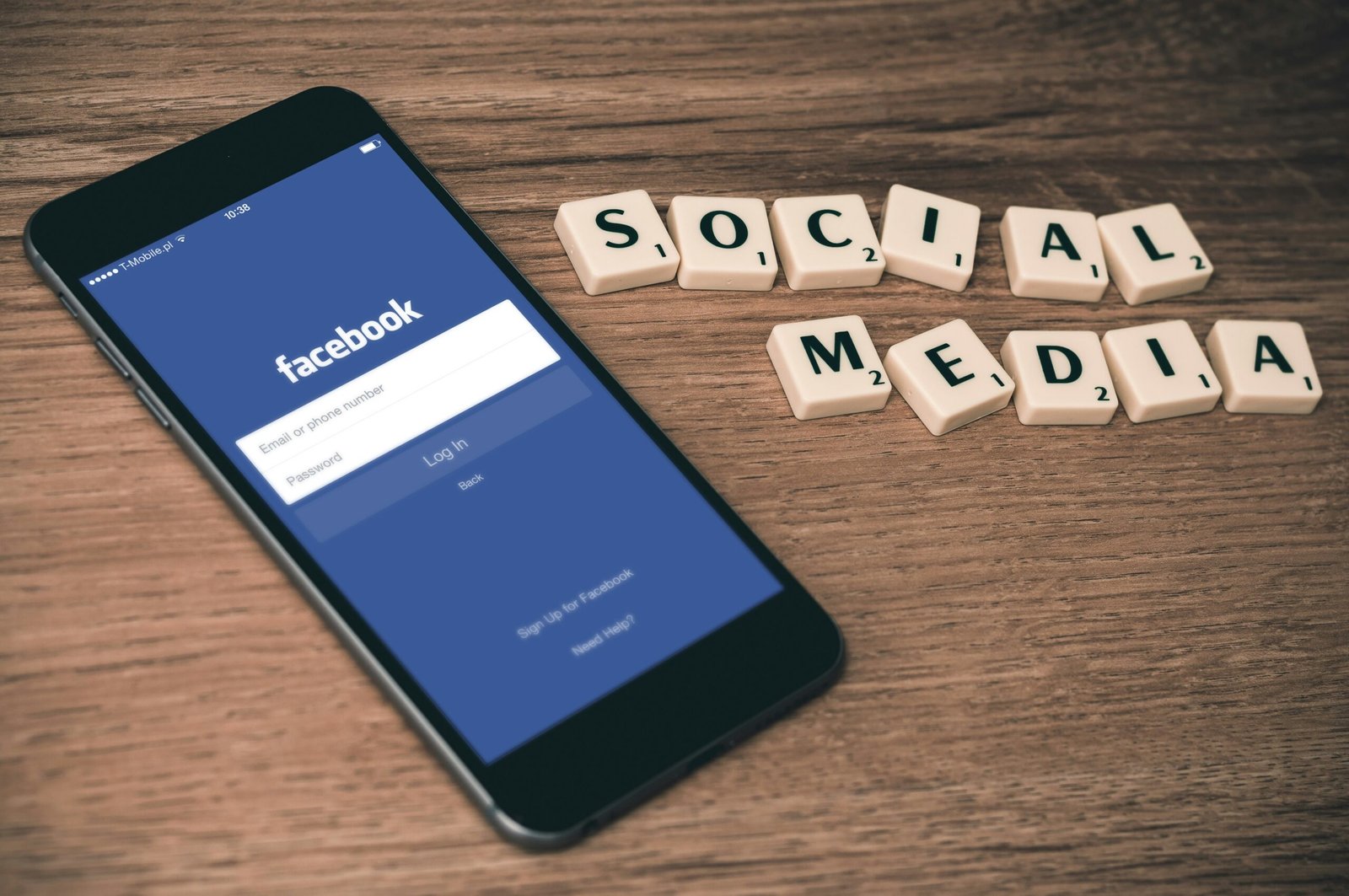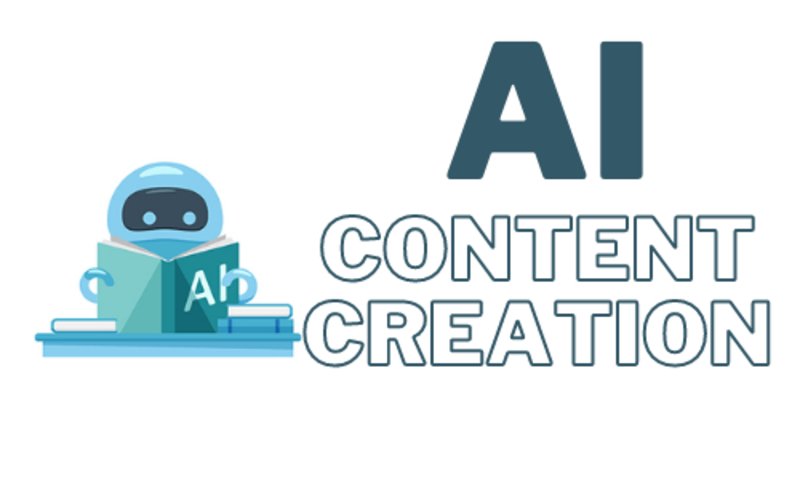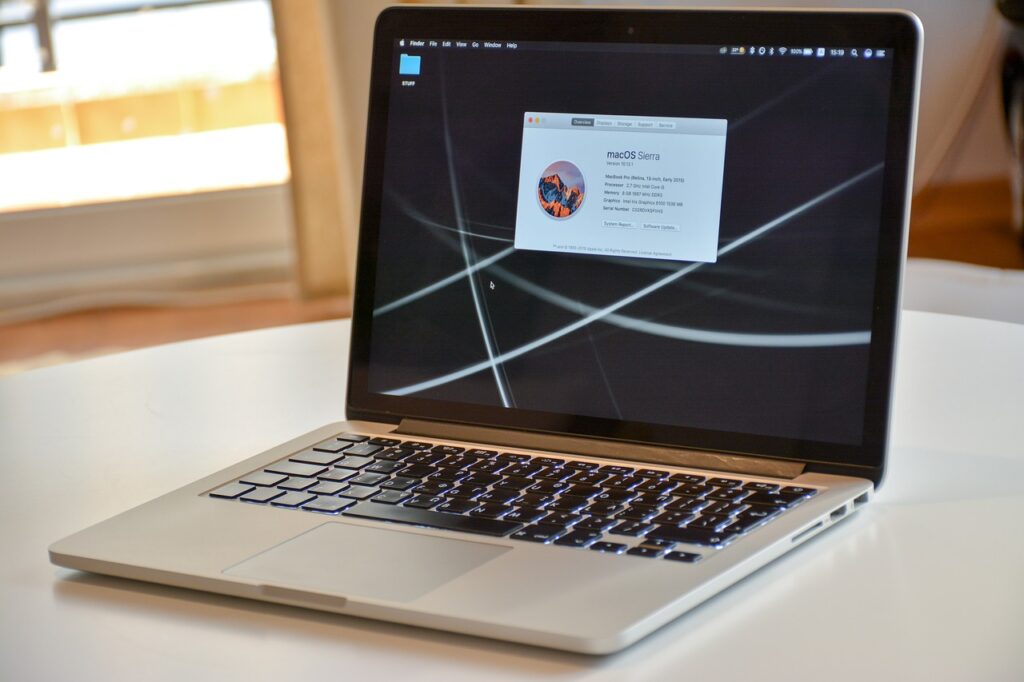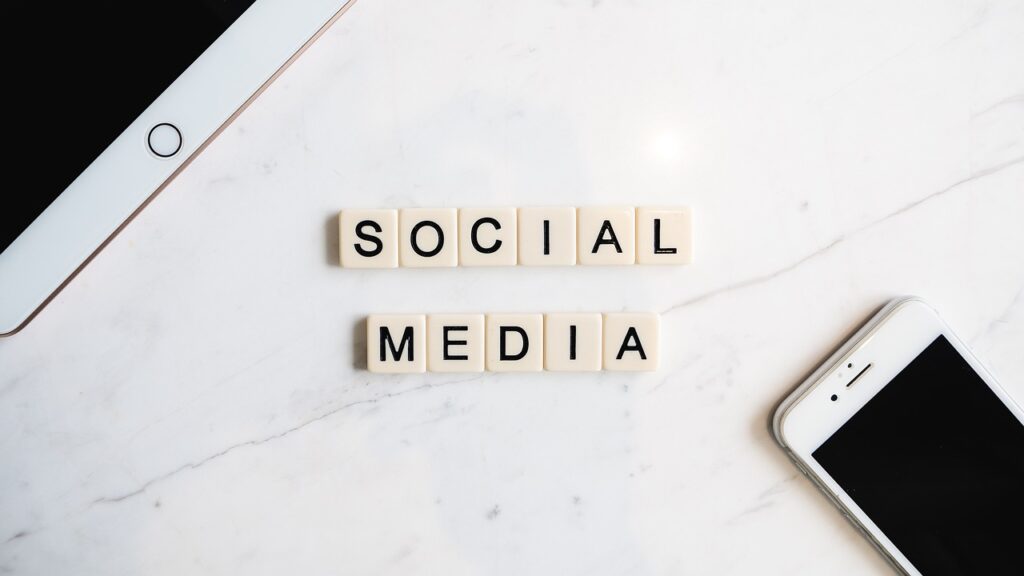Leveraging Social Media for Event Marketing
Harnessing the power of social media is vital for successful event marketing. By effectively engaging your audience on these platforms, you can build a community and target the right attendees for your event.
Social Media Community Building
Social media platforms are instrumental in creating a sense of community around your events. Engaging content such as posts, shares, comments, and likes sparks conversations and builds anticipation among potential attendees. This interaction fosters a community of like-minded individuals long before the event day. An engaged online community can help capture a larger audience for future events, enhancing overall attendance and participation.
Key strategies for community building on social media include:
- Encouraging user-generated content by asking attendees to share their excitement or past experiences.
- Using hashtags to track conversations and encourage attendees to connect before the event.
- Conducting polls or surveys related to the event theme to increase interaction and gather insights.
Targeted Audience Engagement
Social media’s advanced targeting features allow you to reach your desired audience more effectively. By utilizing these capabilities, you can ensure your event marketing efforts reach the right crowd based on interests, demographics, and behaviors. For example, if you are hosting a tech-focused hackathon, you can specifically target young tech enthusiasts. This precision helps maximize your event’s visibility and engagement.
Moreover, pairing organic promotional efforts with paid social media ads is crucial. While organic posts can generate buzz, paid advertisements can ensure specific groups see your message, increasing attendance rates. Consider the following tips:
| Strategy | Description |
|---|---|
| Utilize Paid Ads | Invest in targeted ads to reach specific demographics and interests, enhancing your visibility. |
| Direct Ticket Sales | Integrate ticket sales directly on platforms like Facebook, providing a seamless experience from discovery to purchase. This functionality can significantly boost attendance rates. |
| Consistent Messaging | Maintain a coherent and consistent message across all social media platforms to strengthen brand awareness and event recognition. |
Implementing these strategies will not only optimize your event marketing but also ensure a successful engagement with your target audience. For further insights into integrating social media into your broader marketing efforts, explore our articles on social media marketing trends and current marketing trends.
Maximizing Event Visibility with Paid Ads
In the ever-evolving landscape of marketing, leveraging paid ads is essential for maximizing the visibility of your events. With the ability to reach specific demographics and interests, paid social media advertising can significantly enhance attendance and engagement.
Integration of Organic and Paid Efforts
Pairing your organic promotional efforts with paid social media advertisements is crucial to achieving optimal visibility for your event. By integrating these approaches, you can target specific groups based on demographics, interests, and behaviors. This ensures that your audience remains informed and engaged with your event details (Sprinklr).
When employed effectively, this combination can generate substantial buzz and anticipation around your event. Organic posts build organic reach through community interactions, while paid ads broaden that reach to ensure you connect with potential attendees who may not be aware of your event.
| Approach | Benefits |
|---|---|
| Organic Promotion | Builds community, increases engagement |
| Paid Advertising | Targets specific demographics, wider reach |
| Combined Efforts | Greater visibility, enhanced audience targeting |
Direct Ticket Sales on Social Media
Directly integrating ticket sales on platforms like Facebook can streamline the process from discovery to purchase. This seamless experience not only boosts attendance rates but also enhances visibility by providing essential information efficiently to potential attendees.
Social media’s reach is unparalleled, with billions of users at your disposal. In fact, nearly a quarter of all traffic to event pages comes directly from these platforms (NextThought). This makes it imperative to install features that allow for quick and easy sign-ups right where users are most active.
| Platform | Direct Ticket Sales Capability |
|---|---|
| Yes | |
| No (but redirect to links) | |
| No (link to purchase page) |
Harnessing the power of paid ads while ensuring that you facilitate direct ticket sales through social media creates a comprehensive approach for capturing audiences while simplifying their journey to attending your event. Keep an eye on event marketing trends to ensure you stay ahead in the competitive landscape of marketing.
Video Marketing for Events
Video marketing has become a powerful tool in the realm of event marketing. As you aim to enhance your campaigns, understanding how effective video promotion and live event videos can work together is critical.
Effectiveness of Video Promotion
Videos significantly influence consumer behavior. According to research, 90% of customers report that watching a video aids their decision-making process, while 64% feel more inclined to make a purchase after viewing a video (NextThought). Additionally, social media platforms amplify the reach of video content.
| Type of Post | Engagement Rate |
|---|---|
| Video Posts | 1,200% more shares than text and image posts combined |
| Facebook Video Posts | 135 times more shares than photo posts |
The engagement generated through videos provides a valuable opportunity to promote upcoming events, drive ticket sales, and increase brand awareness. You can harness the power of video across various platforms, including TikTok and Instagram Reels, which have seen a surge in popularity for short-form video content.
Impact of Live Event Videos
Live event videos have gained traction for their ability to create excitement and stimulate FOMO (Fear of Missing Out). Streaming events in real-time allows you to showcase the energy and engagement of your event, enticing more attendees. Live videos not only enhance engagement but also encourage interaction with your audience by allowing real-time feedback and questions (NextThought).
The immediacy of live events also fosters a sense of community among viewers. This interaction is beneficial for building lasting customer relationships. Emphasizing the shared experience through live streaming is an excellent way to enhance your event marketing strategy.
By integrating effective video promotion and live streaming into your campaigns, you can significantly improve audience engagement, increase visibility, and drive higher participation in your events. For further strategies around emerging video marketing techniques, consider exploring video marketing trends.
The Rise of Hybrid Events
The trend of hybrid events is rapidly gaining traction, combining the benefits of both in-person and virtual gatherings. This approach not only expands the reach of your events but also enhances the overall experience for attendees.
Blending In-Person and Virtual Elements
Nearly 97% of event professionals anticipate that the popularity of hybrid events will continue to rise. By integrating virtual elements into your event strategy, you can create a more inclusive environment. For example, virtual participants can access sessions they may not be able to attend in person, allowing you to engage a wider audience.
| Element | In-Person | Virtual |
|---|---|---|
| Networking Opportunities | Face-to-face interactions | Virtual breakout rooms |
| Accessibility | Limited by location | Available from anywhere |
| Audience Engagement | Interactive sessions | Live streams with Q&A features |
Transitioning to hybrid events can also help reduce environmental impacts, such as travel-related emissions, while providing engaging and interactive experiences to attendees (Eventbrite).
Enhanced Audience Accessibility
Hybrid events inherently offer enhanced accessibility. Attendees from across the globe can participate, breaking down geographical barriers that typically limit audience reach. As noted in the 2024 State of Marketing Report, 93% of sales and marketing leaders are preparing to leverage events in their strategies, underscoring the growing importance of flexible attendance options (LinkedIn).
In-person events are also set to receive significant investment in 2024, with 40% of senior executives focusing on face-to-face engagements. This reflects a desire for deeper connections and immediate value delivery (LinkedIn). However, by offering a hybrid format, you cater to individuals who may prefer the convenience of attending remotely, ensuring no one misses out on key insights and networking opportunities.
In summary, the rise of hybrid events is a significant development in the realm of event marketing trends. By blending in-person and virtual elements, you can create more accessible, engaging experiences for all attendees, ultimately enhancing your marketing strategy.
AI Tools for Event Personalization
Embracing AI tools is transforming the way you personalize events, enhancing both attendee experiences and communication efficiency. This aligns with the latest event marketing trends, making your campaigns more effective and engaging.
Customized Attendee Experiences
AI-driven personalization tools enable event organizers like you to create tailored experiences for your attendees. By utilizing these innovative technologies, you can develop customized content, targeted networking opportunities, and personalized schedules that cater to individual preferences. According to Swoogo, the use of AI is becoming integral to effective event personalization strategies.
| Personalized Features | Benefits |
|---|---|
| Customized Event Content | Increases engagement and relevance to attendees |
| Tailored Networking Opportunities | Enhances connections and professional relationships |
| Personalized Schedules | Maximizes attendee satisfaction and participation |
By providing such tailored experiences, you can ensure that attendees feel valued and engaged, leading to higher satisfaction rates.
AI-Driven Communication Efficiency
Utilizing AI in event marketing not only enhances personalization but also streamlines communication strategies. In fact, it is anticipated that 42% of marketers expect to leverage AI in events by 2024, presenting significant opportunities for optimization and improved attendee engagement.
AI can assist in:
- Automating responses to frequently asked questions
- Personalizing email campaigns for different audience segments
- Analyzing attendee data to predict preferences and behaviors
The table below illustrates how AI enhances communication efficiency:
| AI Communication Tools | Functions | Impact |
|---|---|---|
| Chatbots | Provide instant assistance | Improves attendee experience |
| Email Automation | Sends targeted updates | Increases engagement rates |
| Data Analytics | Analyzes attendee behavior | Optimizes communications |
Implementing these AI-driven strategies will not only improve your communication flow but also enhance the overall attendee experience. Staying updated with current marketing trends allows you to capitalize on these advancements, ensuring your events are both innovative and successful.
Sustainability in Event Planning
Sustainability is becoming increasingly important in event marketing trends. As a business owner or marketing executive, integrating eco-friendly practices into your event planning not only enhances your brand image but also meets the expectations of environmentally conscious attendees.
Eco-Friendly Practices
Adopting eco-friendly practices begins with the choice of your venue and materials. Selecting venues that prioritize sustainability can significantly influence the overall carbon footprint of your event. Many organizers are now opting for venues equipped with green certifications. Here are some strategies to consider:
| Eco-Friendly Practice | Description |
|---|---|
| Venue Selection | Choose eco-certified venues that promote energy efficiency and sustainable practices. |
| Sustainable Materials | Use biodegradable or recyclable materials for event marketing, signage, and attendee kits. |
| Digital Resources | Implement digital tickets and promotional materials to minimize paper waste. |
Strategies also include tracking your event’s carbon footprint, reducing waste, minimizing plastic use, and lowering energy consumption (Swoogo). By being mindful of these practices, you can create a positive impact while engaging attendees.
Carbon Footprint Reduction
Reducing your event’s carbon footprint is essential for promoting sustainability. Transitioning to virtual and hybrid events is one effective way to lower environmental impacts, particularly travel-related emissions. This shift not only contributes to a reduction in carbon output but also enhances accessibility for a broader audience.
Here are some additional methods to help in carbon footprint reduction:
| Carbon Footprint Reduction Method | Description |
|---|---|
| Virtual and Hybrid Events | Incorporate virtual elements to reduce the number of attendees requiring travel. |
| Waste Management | Implement waste-reduction strategies, such as recycling stations and composting at venues. |
| Green Transportation | Encourage the use of public transport or carpooling for in-person attendees. |
Embracing sustainability in your event planning aligns with current market demands and demonstrates social responsibility. By leveraging these eco-friendly practices and prioritizing carbon footprint reduction strategies, you can successfully enhance your event’s appeal while contributing to a healthier planet. For further insights on the latest approaches, explore our articles on current marketing trends and digital marketing trends.
Interactive Experiences for Event Attendees
Creating engaging experiences is crucial for successful event marketing. Attendees now expect more interactive and immersive activities that enhance their overall experience. This section covers hands-on activities and the incorporation of technology and gamification to boost engagement at your events.
Hands-On Activities
Offering hands-on activities at events can significantly increase attendee engagement. These activities promote participation and create memorable experiences that encourage attendees to connect more deeply with the event’s theme and objectives. Options may include workshops, craft stations, or interactive displays where participants can create or learn something valuable.
| Type of Hands-On Activity | Description | Benefits |
|---|---|---|
| Workshops | Interactive sessions where attendees learn a skill or technique | Encourages participation and learning |
| Craft Stations | Areas where attendees can create a tangible product | Fosters creativity and interaction |
| Interactive Displays | Demonstrations that attendees can engage with directly | Enhances understanding and interest |
Event organizers should consider the theme and audience when selecting activities to ensure they resonate with participants. Emphasizing these experiences can enhance engagement and increase attendee satisfaction.
Incorporating Technology and Gamification
Technology can elevate event experiences by introducing elements of gamification. By integrating various tech tools, you can create interactive challenges or competitions that motivate participants to engage with the event more actively. Techniques include using mobile event apps to facilitate scavenger hunts or implementing RFID and NFC technology for seamless event check-ins and interactions.
| Technology Used | Purpose | Benefits |
|---|---|---|
| Mobile Apps | Facilitate interactive challenges | Enhances engagement and fosters competition |
| RFID/NFC | Streamline check-ins and event interactions | Reduces wait times and improves attendee experience |
| Gamification Platforms | Create challenges or games | Encourages participation and adds fun |
Incorporating these technologies not only enhances engagement but also collects valuable data on attendee preferences and behaviors, allowing for tailored marketing in future events. Event planners who integrate these elements will meet the expectations of modern attendees while setting their events apart from the competition.
For additional information on the evolving landscape of marketing, visit our sections on current marketing trends and future marketing trends. Embrace these interactive experiences to power up your campaigns and ensure your events are memorable and successful.
The Future of Digital Marketing in Events
Evolving Landscape
The landscape of digital marketing is rapidly changing, influenced by advancements in technology, shifts in consumer behavior, and variations in the digital environment. As a business owner or marketing executive, recognizing these changes is essential to capitalize on the latest event marketing trends. Digital marketing has evolved significantly in the past few years, and it is poised to continue this trajectory.
Increasingly, 93% of sales and marketing leaders plan to harness the power of events in their marketing strategies for 2024 (LinkedIn). This statistic underscores the importance of integrating event marketing into your overall strategy. By embracing emerging trends, you can better connect with your target audience and enhance brand visibility.
| Key Factors Reshaping Digital Marketing Trends | Impact |
|---|---|
| Technological Innovations | Enhance engagement and operational efficiency |
| Consumer Behavior Changes | Require agile marketing responses |
| AI Integration | Optimize event strategies and communication |
Staying Competitive
To remain competitive in the evolving digital marketing landscape, you must stay agile and adapt to emerging trends. Digital marketing is shifting rapidly, and embracing technologies like Artificial Intelligence (AI) can provide you with a significant advantage. In fact, 42% of marketers expect to leverage AI for event planning in 2024, enhancing communication and attendee engagement.
Understanding and adapting to current marketing trends is crucial for achieving success. This involves monitoring industry developments, leveraging new tools and platforms, and continually refining your strategies to resonate with evolving consumer preferences. Techniques such as targeted content marketing, social media engagement, and experiential marketing can position your business favorably in a competitive environment.
By keeping pace with the latest digital marketing trends, you can optimize your event marketing strategies, ensuring that your campaigns stand out in a saturated market. Adopting a proactive approach to change will help you tap into new opportunities, foster stronger connections with your audience, and ultimately drive the success of your marketing efforts.





















